Two working groups, five in-person regional meetings, and three online member consultations over July-August 2021 and two member surveys contributed to the development of the proposed organisational structure and new constitution.
Thank you to everyone who contributed to the review either on a working group, attending a hui or responding online. Thank you also to all members who e-voted over the month prior to the AGM.
The draft minutes of the LIANZA 2021 AGM are available to read here and the new constitution is available here .
New council roles
Under the new constitution there will be four elected councillors and two appointed councillors on LIANZA Council. The transition plan means that the three regional councillor roles for LIANZA Te Whakakitenga aa Kaimai, LIANZA Ikaroa and LIANZA Murihiku will cease from June 30, 2022.
Nominations for the first two elected councillors and one appointed councillor will be sought in early April, with elections closing in early May, 2022. The three regional councillor roles for LIANZA Hikuwai, LIANZA Te Upoko te Ika a Maui, and LIANZA Aoraki cease from June 30, 2023. Nominations for the next two elected councillors and one appointed councillor will be sought in early April, with elections closing in mid-May, 2023.
The Te Rōpū Whakahau Tumuaki will cease to be an officer of the Association from June 30, 2022 and the Te Rōpū Whakahau councillor ceases to be a councillor on that day too. The new constitution requires that one of the two appointed councillors has skills in Tikanga and Mātauranga Māori knowledge and allows for one appointed councillor to be sought from beyond the library and information sector.
If you have not checked out the summary of the governance, advisory and operational changes proposed by the review of LIANZA’s strategic leadership governance and organisational structure can be found here.
Future incorporation
This governance review has also been conducted to ensure our Association is prepared for the introduction of the new Incorporated Societies Act. LIANZA is currently incorporated under the Library Act (1939). The new Incorporated Societies Bill has not sought to ‘repeal’ the Library Act (1939), but has made provision for our act to be amended. LIANZA members supported the remit for LIANZA to take legal advice about whether to remain incorporated under the New Zealand Library Association Act 1939 or whether to incorporate under the new Incorporated Societies Act, when it is passed into legislation.

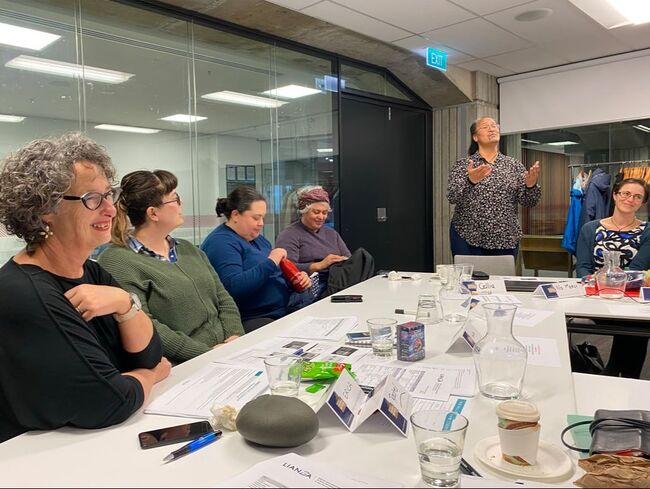

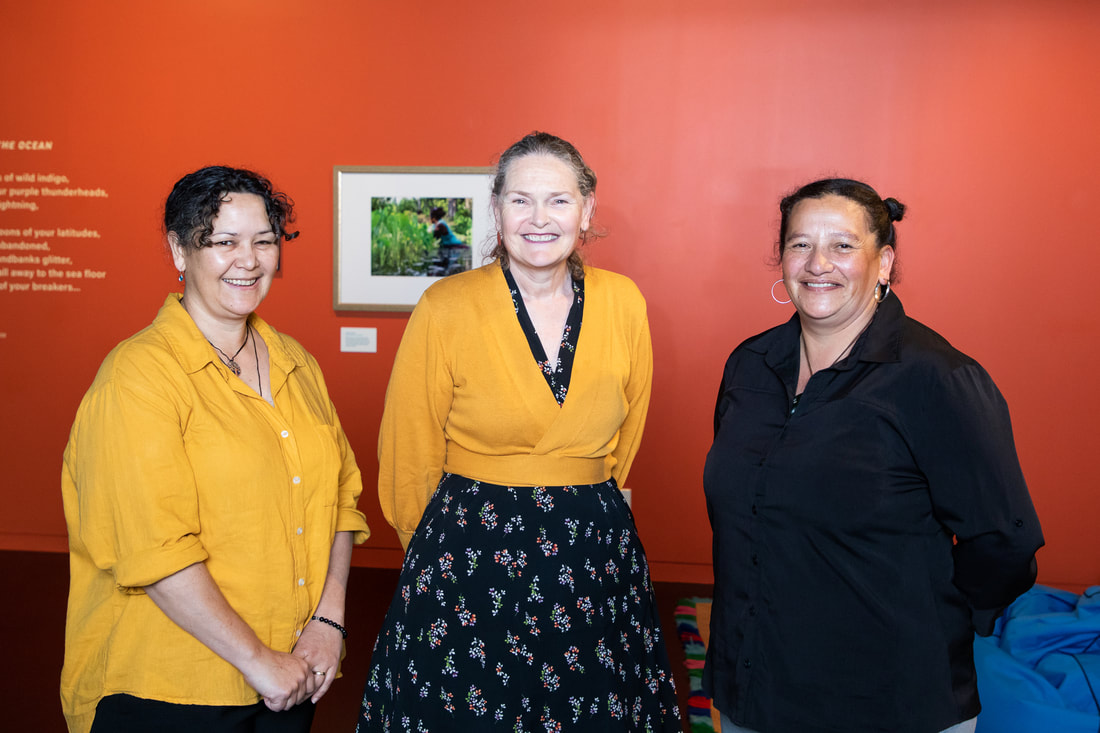
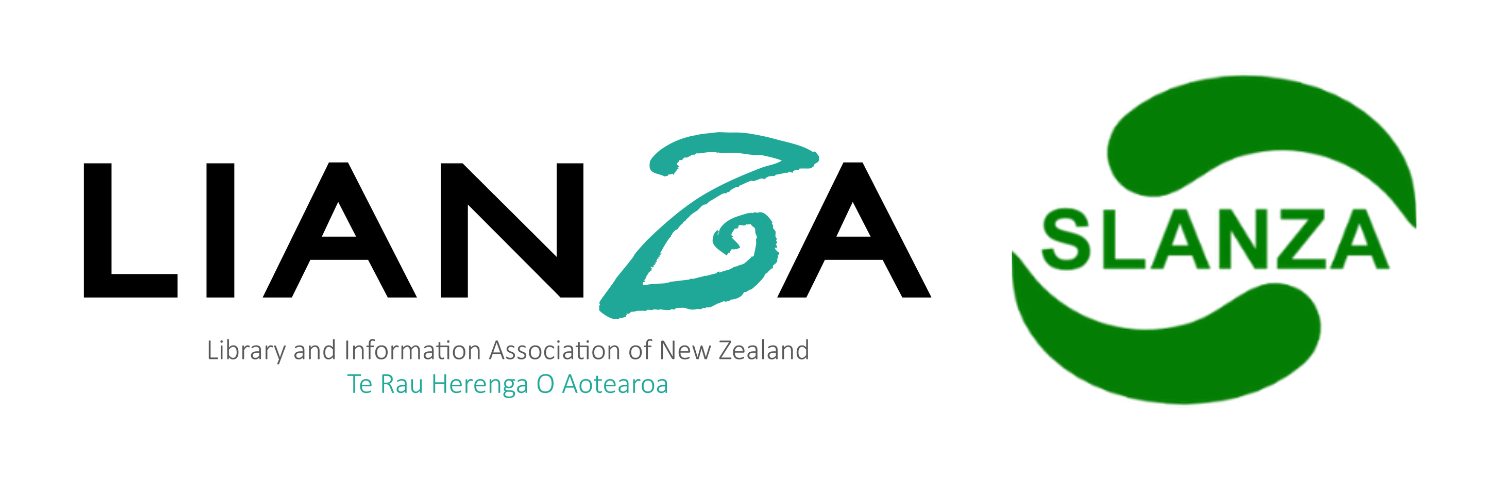
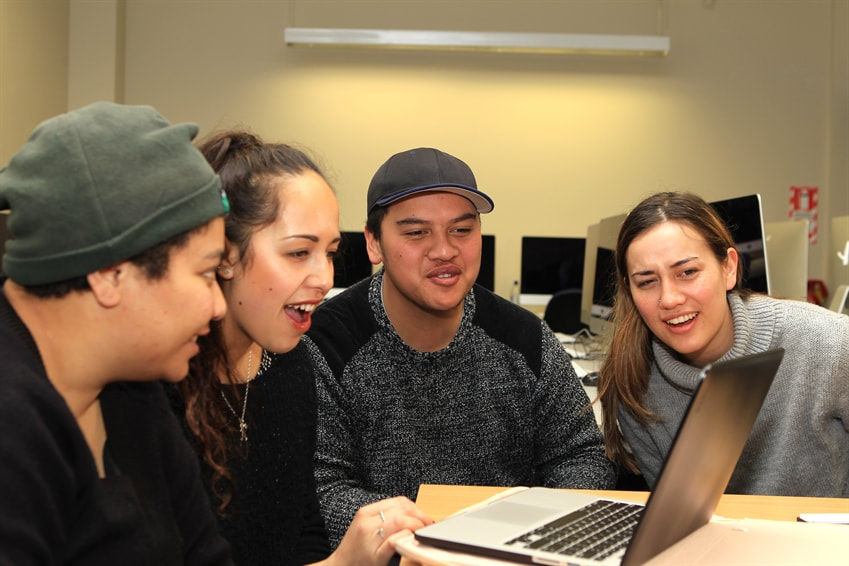
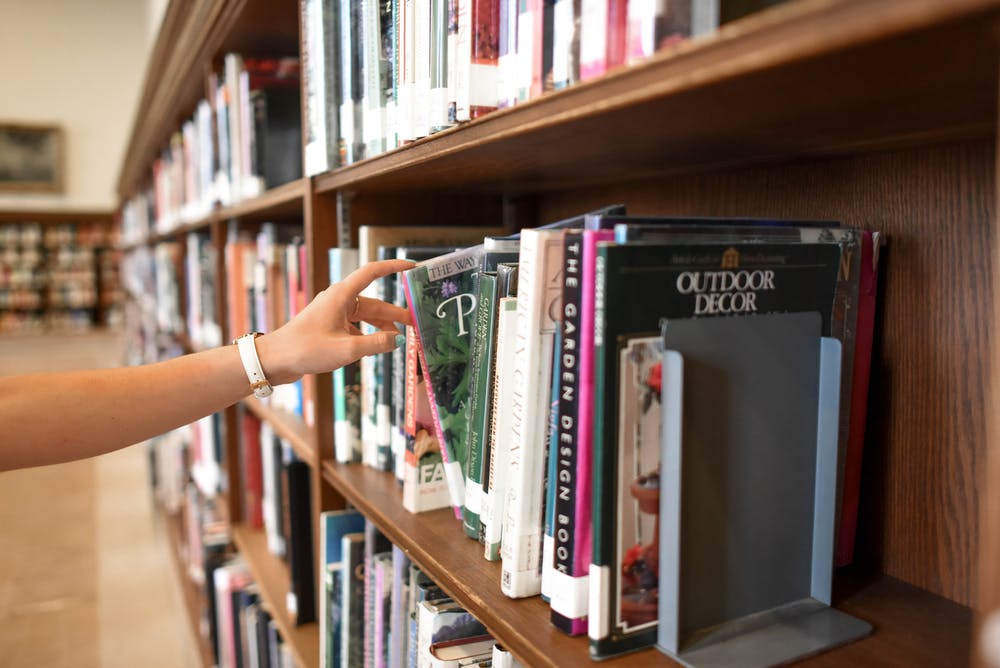
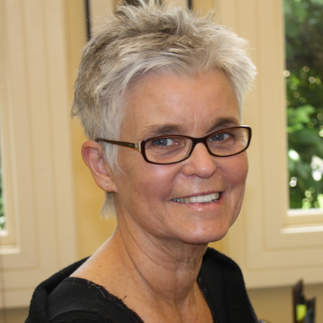
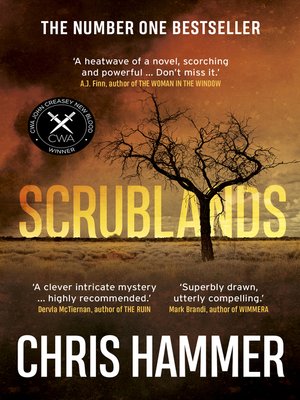

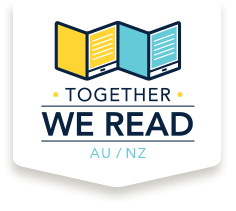

 RSS Feed
RSS Feed